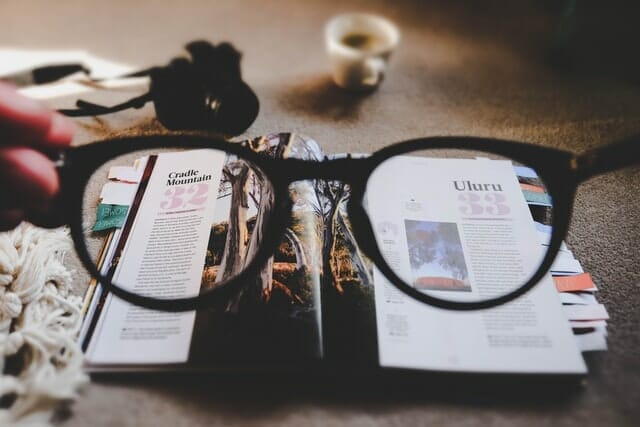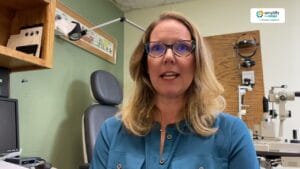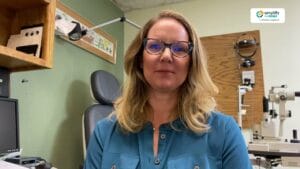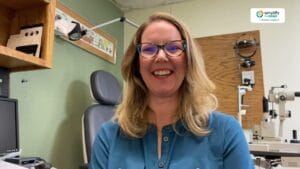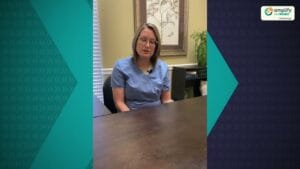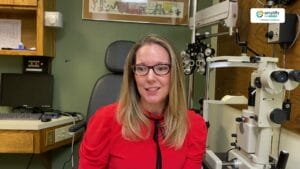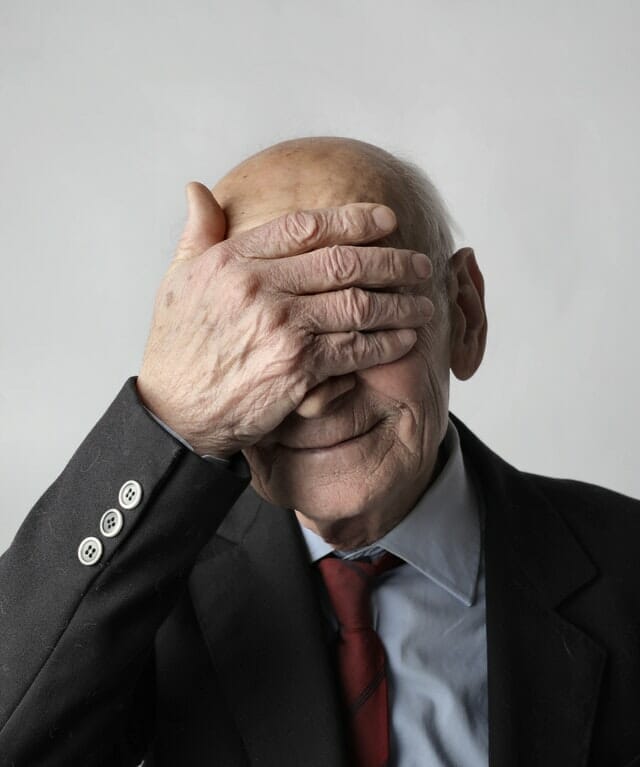An optometrist who specializes in low vision assesses the unique visual needs of patients experiencing reduced eyesight. They focus on the particular challenges faced by these individuals, providing customized solutions. Through a comprehensive examination, the low vision optometrist identifies the underlying causes and determines the extent of the visual impairment. They then work with patients to enhance their remaining vision using aids such as magnifiers, specialized glasses, and tailored strategies to improve daily functionality. The goal is to enable those with low vision to retain independence and enjoy their preferred activities.

